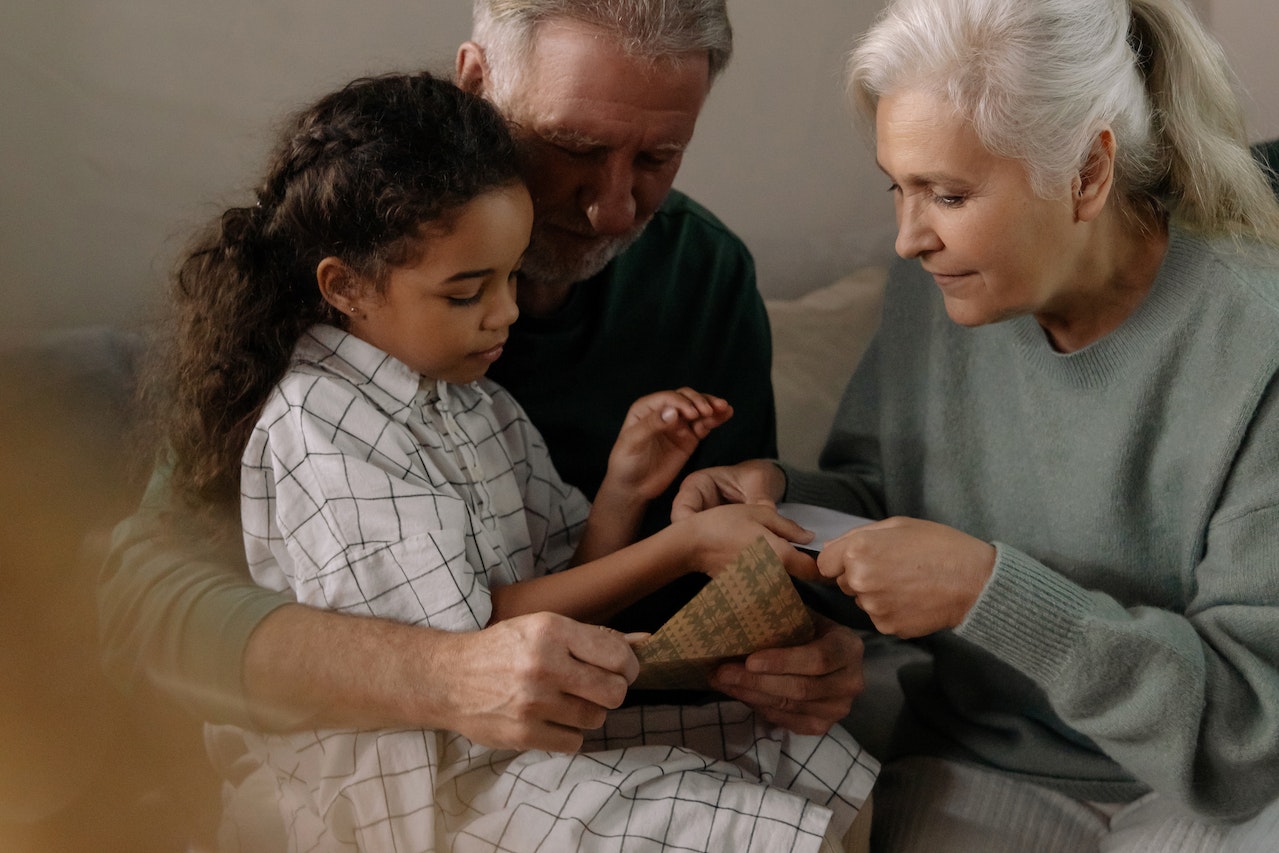Accident injuries can have a devastating effect on a person’s life regardless of their age. If someone else is at fault for causing the accident, a personal injury claim may be brought to obtain compensation for losses sustained as a result of the injuries.
An injured person may be entitled to various types of damage.
- Pecuniary damages, also known as special damages, may be awarded as compensation for financial losses, such as loss of wages, future income, medical expenses, and care costs.
- Non-pecuniary damages, also known as general damages, may be awarded as compensation for non-monetary losses such as pain, suffering, and diminished quality of life.
This raises the question of whether seniors might be entitled to reductions in general damages due to their shorter life expectancy or higher damages due to the increased importance of enjoying their remaining golden years. This article explores the “golden years” doctrine developed by courts to deal with this issue.
Non-pecuniary damages can be awarded for pain, suffering, and loss of enjoyment of life
Courts may award non-pecuniary damages for pain, suffering, and diminished enjoyment of life. Non-pecuniary damages are not based on a specific economic loss, like lost wages or medical expenses, and therefore do not have an established value. Instead, the value of the loss must be assessed on a case-by-case basis.
Plaintiffs often point to various ways their accident injury has reduced their quality of life, such as the inability to pursue hobbies or realize their career potential. In addition, they may examine other cases in which people have suffered similar injuries in an effort to determine an appropriate range for non-pecuniary damages.
The “golden years” doctrine may preserve general damages awards for seniors
Defendants can argue that older plaintiffs should receive lower awards for non-pecuniary damages due to the fact that the injury might impact them for a lesser number of years than it would have for a younger plaintiff.
While it could be argued that older individuals who have been injured in an accident have fewer years to live and are therefore less impacted by the injury, it could just as easily be argued that more importance should be placed on a senior’s remaining years precisely because there are fewer years left. During retirement, the plaintiff may have planned to spend a greater portion of their time pursuing hobbies and enjoying life. In addition, an injury may represent a larger loss to an older person whose activities are restricted by their age compared to a younger person who is active in other ways.
The so-called “golden years” doctrine was explained by the Supreme Court of British Columbia in the case Fata v Heinonen:
“The retirement years are special for they are at a time in a person’s life when he realizes his mortality. When someone who has always been physically active loses his physical function in these years, the enjoyment of retirement can be severely diminished, with less opportunity to replace these activities with other interests in life.”
62-year old plaintiff injured in a motor vehicle accident
Recently, the golden year’s doctrine found its way into Ontario law in an Ontario Superior Court of Justice decision.
In Solanki v Reilly, the plaintiff sustained an injury as a passenger in a low-speed motor vehicle accident. She did not seek immediate medical attention but went to a hospital the next day after waking up with bruises on her chest and pain in her shoulder, neck and back.
The plaintiff, 62 years old at the time of the accident, sustained a fractured rib and required shoulder surgery.
Plaintiff claimed general damages and special damages for attendant care and loss of housekeeping
The plaintiff explained that the accident robbed her of the ability to cook, care for, and complete housework for her family. She was forced to rely on family and friends for her self-care. The plaintiff asked the court for non-pecuniary damages and pecuniary damages for attendant care and loss of housekeeping.
Plaintiff’s injury was a permanent serious impairment of an important function
Justice Tranquilli explained that under the Insurance Act, automobile owners and occupiers are only liable for damages for pain and suffering and health care expenses if the accident caused death or a “permanent serious impairment of an important physical, mental or psychological function.”
Based on the expert evidence of medical professionals, her Honour found that the accident caused the plaintiff a permanent shoulder injury. The impairment was of an important function and was serious, qualifying the plaintiff for damages for pain and suffering.
Plaintiff awarded $85,000 in non-pecuniary damages
The plaintiff invoked the “golden years” doctrine in arguing for an award between $75,000 and $100,000. She explained that she was no longer “an active matriarch” able to host social gatherings and help her son in his store.
Justice Tranquilli agreed, noting that her shoulder impairment prevented her from performing “emotionally rewarding” tasks for her family and “injured her dignity” by forcing her to rely on others. Her Honour awarded non-pecuniary damages of $85,000.
This amount was reduced by the statutory deductible that applies under the Insurance Act to claims for non-pecuniary damages. In 2022, the amount of the statutory deductible is approximately $41,500 and it operates to reduce awards of up to approximately $138,300 (but does not apply to higher amounts).
Contact Tierney Stauffer LLP in Ottawa, Kingston, Cornwall, Arnprior & North Bay for Advice on Your Personal Injury Claim
Senior accident victims need to be compensated for their injuries. Regardless of your age, Tierney Stauffer LLP will guide you through the process of bringing a personal injury claim. Because no two accidents or accident injuries are the same, our experienced personal injury lawyers give each client the personalized attention needed to bring about a satisfactory resolution to their issue. Call us at 1-888-799-8057 or contact us online to set up a free consultation.


